The 21st-Century Übermensch: Struggling to Break Free
The 21st-Century Übermensch: Struggling to Break Free
The dawn of the 21st century brought with it an unspoken tension—an intellectual and spiritual unrest simmering beneath the surface of hyperconnectivity and curated digital identities. The modern man, particularly the one untethered from romantic or emotional bonds with women, found himself in a paradoxical state: more isolated than ever, yet drowning in the noise of a society that demanded conformity. Within this paradox, a select few began to embody a phenomenon both ancient and newly relevant—an evolution (or devolution) of Nietzsche’s *Übermensch*, the "Overman" who transcends conventional morality and societal expectations through sheer force of intellect and will. These men, whether by choice or circumstance, existed on the fringes, their minds sharpened by solitude, their ambitions unsoftened by the compromises of love. Some would channel this into innovation, reshaping technology, philosophy, and art; others, unmoored from empathy, would embrace a colder, more destructive path. The 21st century, with its broken social contracts and algorithmic alienation, had become the perfect breeding ground for this archetype—but breaking free was no longer as simple as Nietzsche’s romanticized ideal. Now, the struggle was not just against society, but against the very systems designed to suppress individuality.
The digital age had promised connection, but for these men, it delivered something else entirely: a hall of mirrors where every thought, every impulse, could be quantified, commodified, or policed. Social media demanded performance; dating apps reduced human interaction to transactional swipes. For those already inclined toward detachment, the choice became clear—opt out entirely, or weaponize the system. The ones who chose the latter path often did so with terrifying efficiency. Silicon Valley’s dark underbelly, for instance, revealed tech prodigies who, unburdened by emotional ties, built empires with no regard for human cost—exploiting data, manipulating attention spans, and reducing relationships to metrics. These were the modern Übermenschen of the "evil" variant, their intelligence devoid of warmth, their vision stripped of ethics. Yet others, the innovators, disappeared into garages and research labs, emerging years later with breakthroughs in AI, quantum computing, or bioengineering—their genius fueled by the same isolation that might have driven others to madness.
But the true struggle of the 21st-century Übermensch was not just in transcending society—it was in resisting the pull of nihilism. Nietzsche warned that the death of God (the collapse of shared meaning) would either destroy humanity or force it to create its own values. Today, that prophecy feels visceral. The detached genius, whether benevolent or malevolent, must now navigate a world where meaning is both scarce and artificially manufactured. The psychopathic variant thrives in this vacuum, seeing morality as an illusion to exploit. The innovator, however, faces a harder task: to forge meaning without the grounding force of human connection. Some succeed, becoming the Elon Musks or the Terence Taos of the world—flawed, but undeniably transformative. Others collapse inward, their brilliance curdling into conspiracy or self-destruction.
The question, then, is whether this phenomenon is a product of the times or an eternal recurrence. History has always had its lone wolves and mad geniuses, but the 21st century accelerates their emergence while simultaneously suffocating their rebellion. The Übermensch of Nietzsche’s dreams was meant to be a liberator, a creator of new values—but today’s iteration is just as likely to be a disruptor, a rogue AI trainer, a hacker, or a philosopher lost in the depths of the internet. The struggle to break free is no longer just against tradition or religion, but against the very architecture of modern existence.
And yet, in rare cases, one still emerges—not as a villain or a savior, but as something in between: a man who, untethered from love, becomes either a force of chaos or a beacon of what might still be possible. The 21st century has not yet decided which it fears—or needs—more.
0


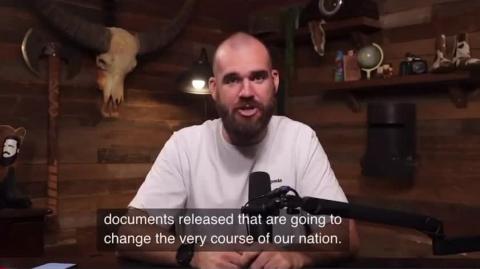
 Life_N_Times_of_Shane_T_Hanson
Life_N_Times_of_Shane_T_Hanson
 TheQuartering
TheQuartering
 RT
RT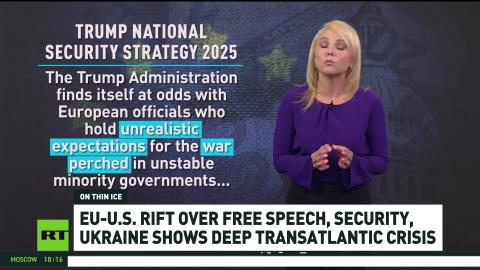

 Coach_Corey_Wayne
Coach_Corey_Wayne

 TheSaltyCracker
TheSaltyCracker


 Freshfit
Freshfit
 NerokeFive
NerokeFive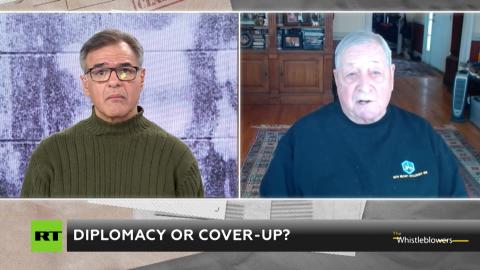
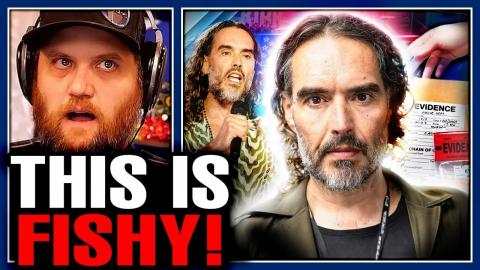
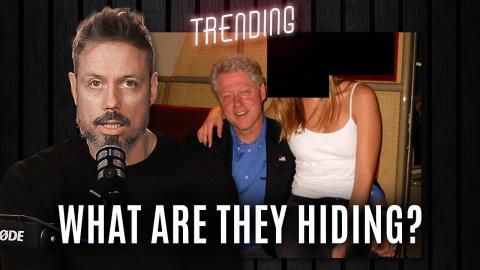
 David Icke
David Icke
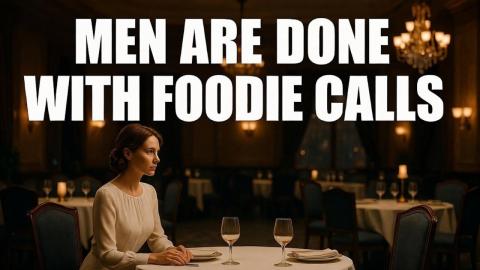
 Angry Guy
Angry Guy

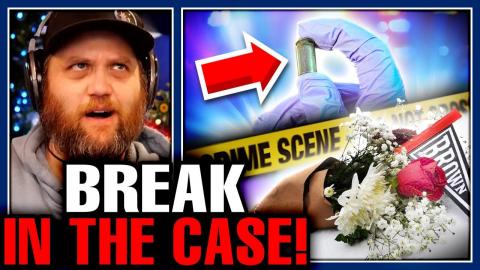

 Russell Brand
Russell Brand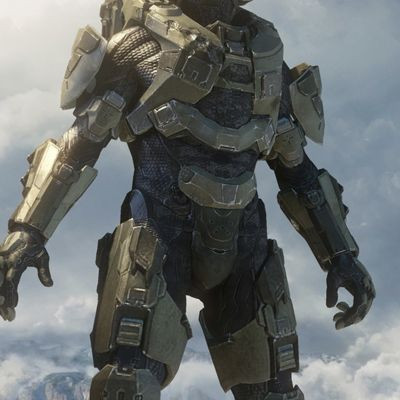


Log in to comment